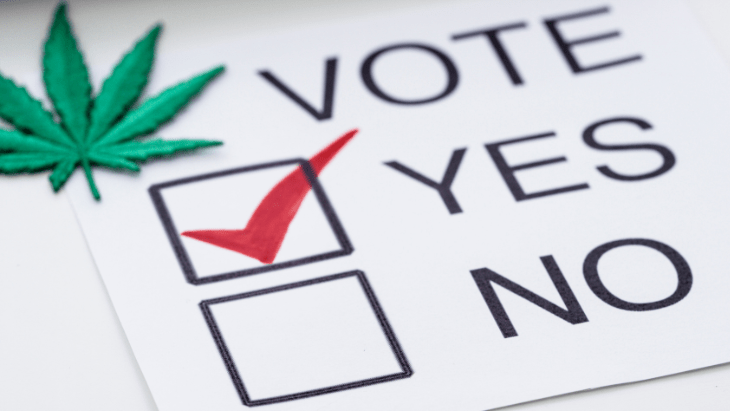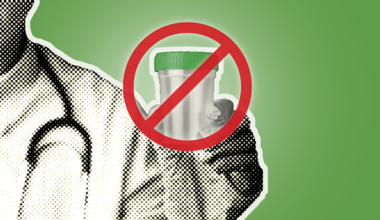
Voters in the cities of Bastrop (population 11,200) and Lockhart (population 15,000) are anticipated to join Dallas (population: 1.3 million) voters on Election Day to decide on municipal ballot measures prohibiting local law enforcement from making low-level marijuana-related arrests.
Local advocates in all three cities collected sufficient signatures from registered voters to place the measures on the November ballot.
Texas law defines marijuana possession as a criminal misdemeanor, punishable by up to 180 days in jail, a $2,000 fine, and a criminal record. According to data compiled by Texas NORML, police made an estimated 219,000 marijuana-related arrests between 2017 and 2021. Ninety-seven percent of those arrested were charged with possession only. Fifty-six percent of those arrested were under 25 years of age.
Voters in several Texas cities — including Austin, San Marcos, Killeen, Elgin, and Denton — have previously approved similar municipal depenalization measures. Challenges to the laws filed by Texas Attorney General Ken Paxton have, thus far, been unsuccessful.
Local activists in Charleston, West Virginia (population: 47,000) gathered sufficient signatures in support of a similar municipal measure, the Sensible Marijuana Ordinance. Council members must either approve the measure or place it on the November ballot. West Virginia law classifies marijuana possession as a criminal misdemeanor, punishable by up to six months in jail and a $1,000 fine.
Voters in Florida and in South Dakota will also weigh in this election day on marijuana policies.
In June, the South Dakota Secretary of State’s Office confirmed that supporters of a proposed statewide ballot initiative legalizing the possession, use, and cultivation of marijuana turned in the requisite number of signatures to qualify it for the November ballot. The initiative will appear on the ballot as Measure 29. It will be the third time that South Dakota voters have weighed in on the issue.
Also this fall, Florida voters will decide on a constitutional amendment permitting existing medical cannabis facilities to engage in adult-use marijuana sales. Because that ballot proposal is in the form of a constitutional amendment, it requires approval from a super-majority of Florida voters (60 percent) to become law. Polling released today by the University of North Florida finds that 64 percent of likely voters (79 percent of Democrats, 50 percent of Republicans, and 63 percent of independents) back the amendment
Activists in Arkansas, Nebraska, and North Dakota have also submitted signatures in favor of proposed ballot questions. Those efforts are awaiting certification from state officials.
Additional Election 2024 coverage is available from NORML.
Related
Medical Disclaimer:
The information provided in these blog posts is intended for general informational and educational purposes only. It is not a substitute for professional medical advice, diagnosis, or treatment. Always seek the advice of your physician or other qualified healthcare provider with any questions you may have regarding a medical condition. The use of any information provided in these blog posts is solely at your own risk. The authors and the website do not recommend or endorse any specific products, treatments, or procedures mentioned. Reliance on any information in these blog posts is solely at your own discretion.






